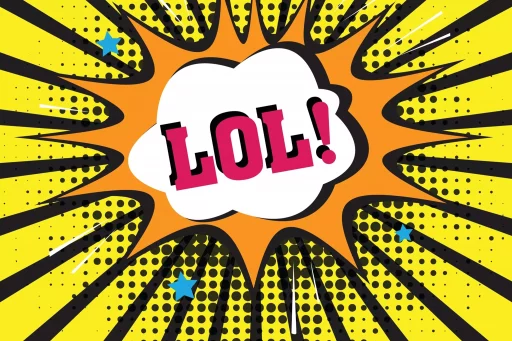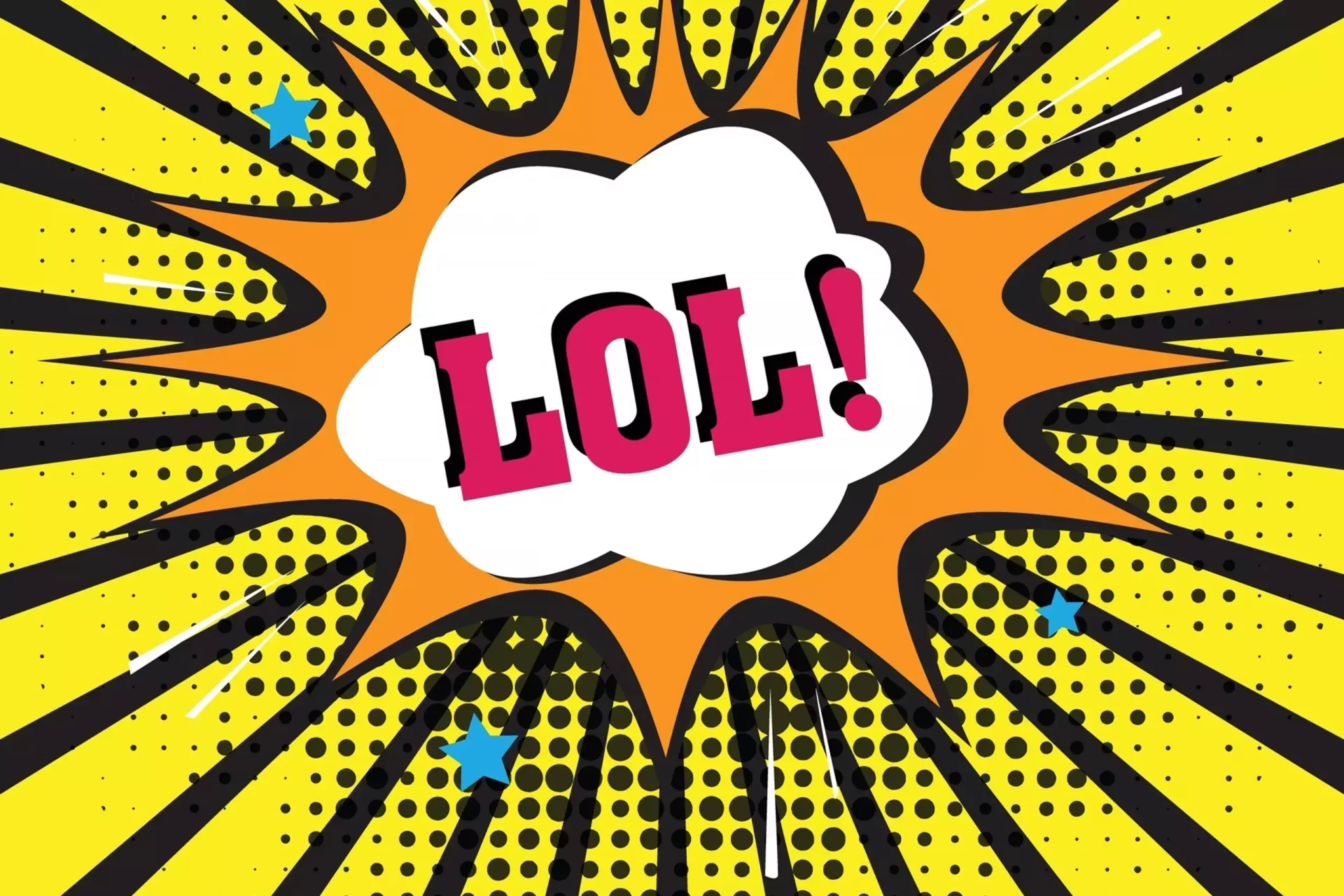Introduction to Urban Dictionary
In the digital age, the evolution of language has taken an exciting turn, particularly through platforms like Urban Dictionary. Founded in 1999, this user-generated dictionary has become a go-to resource for dissecting the often complex and humorous world of modern slang. From meme culture to viral phrases, Urban Dictionary not only defines terms but also captures the zeitgeist of our times.
What is the Urban Dictionary Trick?
The “Urban Dictionary Trick” refers to the phenomenon of using definitions from Urban Dictionary to impress peers, social circles, or even online audiences. While some utilize this clever tactic for humor, others adopt it as a method of social commentary. Understanding and utilizing this trick can endear one to younger audiences or those who are trend-savvy.
Why Use Urban Dictionary?
Using Urban Dictionary serves several purposes:
- Understanding slang: Urban Dictionary provides context and usage, making it easier to grasp the intentions behind words.
- Social connection: Knowing the latest slang allows individuals to connect with others in a shared cultural dialogue.
- Humor: The often humorous and exaggerated definitions can lighten conversations.
- Contextual phrasing: Paraphrasing definitions can add flair to speech or writing.
Examples of the Urban Dictionary Trick
Let’s explore a few popular terms on Urban Dictionary:
- Flex: To show off, often used in the context of flaunting wealth or achievements. Example: “He’s always flexing his new car on Instagram.”
- Ghosting: The act of suddenly cutting off all communication with someone without explanation. Example: “I was talking to her for weeks, and then she just ghosted me.”
- Salty: To be upset, angry, or irritated, often over something minor. Example: “After losing that game, he was really salty about it.”
Case Studies: The Urban Dictionary Trick in Action
Some individuals and brands have successfully employed the Urban Dictionary trick to connect with audiences:
- Brand Campaigns: Companies like Taco Bell have incorporated slang into their advertisements, targeting young consumers. Their ad campaigns regularly use terms from Urban Dictionary, making them relatable and relevant.
- Social Media Influencers: Many online personalities engage audiences through catchy phrases or slang directly sourced from Urban Dictionary. For instance, platforms like TikTok often have trends built around specific terms, such as “Chugy,” used to describe someone or something that’s outdated.
Statistics Supporting the Urban Dictionary Phenomenon
Data indicates that Urban Dictionary has a massive user base:
- As of 2023, Urban Dictionary boasts over 10 million definitions with millions of daily visitors.
- Research shows that about 58% of millennials and Gen Z use Urban Dictionary regularly to decipher trends.
- A 2022 survey revealed that 67% of young adults consider understanding slang critical for effective communication.
Potential Pitfalls of Using the Urban Dictionary Trick
While humorous and educational, relying too heavily on Urban Dictionary can lead to some downsides:
- Misinterpretation: Slang can vary greatly by region; using the wrong term in the wrong context can lead to confusion.
- Offensiveness: Some definitions may reflect inappropriate or insensitive views; it’s essential to use discretion.
- Overuse: Relying too much on slang can make one seem less professional, especially in formal settings.
Conclusion: Navigating the Urban Dictionary Trick
Mastering the Urban Dictionary trick can enhance social interactions and keep you in touch with cutting-edge language. However, it’s crucial to approach it with understanding and a sense of humor, remembering that language evolves constantly. A well-placed slang term can bridge connections, but being aware of its implications ensures respectful and meaningful conversations.






